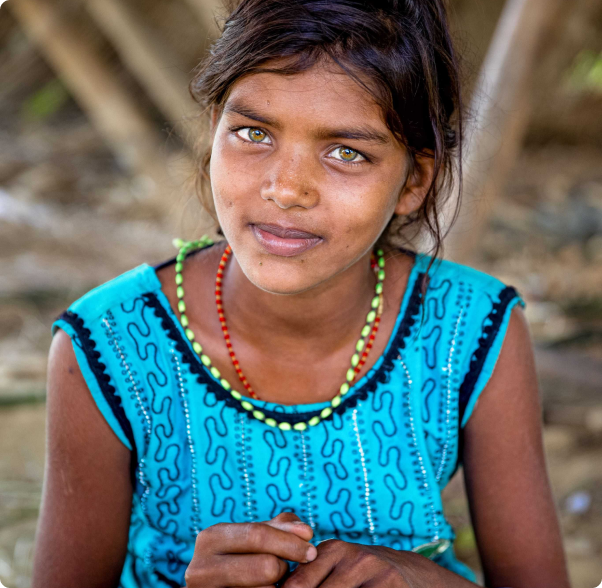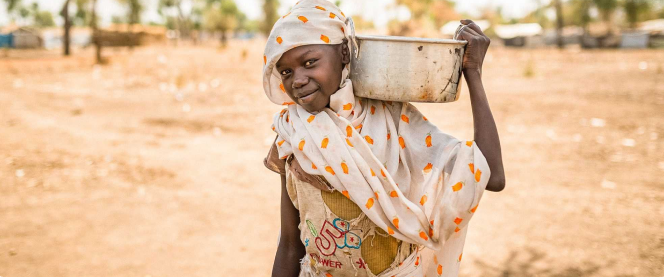Summary
The vibrant nation of Botswana is known for its pristine animal habitats and the vast Kalahari Desert — both which are home to a rich array of wildlife. Botswana’s wilderness accommodates more elephants than any other country. Large game herds roam free and undisturbed. It has become the world’s safest haven for threatened and endangered species, and in turn, exports them to other nations who seek to replenish their own national parks with rare herds. Although national tourism was hit hard by the COVID-19 pandemic, Botswana’s national revenue is significantly bolstered by its Safari-based tourism industry, accounting for 13% of the economy. Botswana is also the world’s largest producer of diamonds. Through this luxury product, this nation has transformed itself into a middle-income nation and a model for stability within a war-torn continent.
Botswana’s leaders have been notably free of corruption and have used fiscal discipline and tenets of liberty to build infrastructure, manage natural resources, and invest in their people. However, with diamond reserves dwindling and the tourism industry subject to global crises, the government and private industry are searching for ways to diversify the economy. Botswana was formerly one of the poorest nations in the world when it established independence in 1966. Through stable leadership and strong social policies, Botswana is now one of the world’s greatest development success stories. However, despite being ranked as a middle-income country and having a high literacy rate, unemployment hovers around 20%. Botswana also has the third-highest rate of HIV/AIDS infection in the world — exacerbated by early adolescent sexual activity and multiple intimate partners. Roughly one in five adults is infected with HIV/AIDS, and 100,000 children are AIDS orphans. Thankfully, comprehensive and effective AIDS treatment programs have also saved many lives.
Relative stability and religious freedom have led to an open door for the Gospel in Botswana. The entire population is considered reached with the Good News of Jesus Christ! Many Christian agencies are engaged in evangelism, church planting, and holistic ministry. But while 65% of the population identifies as Christian, animism and old tribal rituals are often mixed into their faith. This syncretism has led to the decline of many strong churches. Nominalism is pervasive. Thankfully, local churches and ministries have strong networks. And amidst the tragedy of an AIDS epidemic, there are countless opportunities to tangibly demonstrate the love of Christ and influence the next generation with His Truth.




